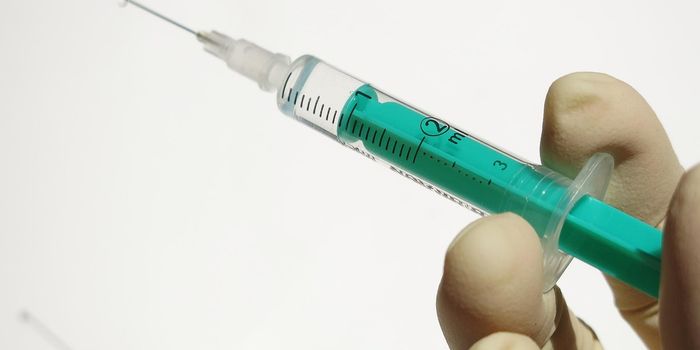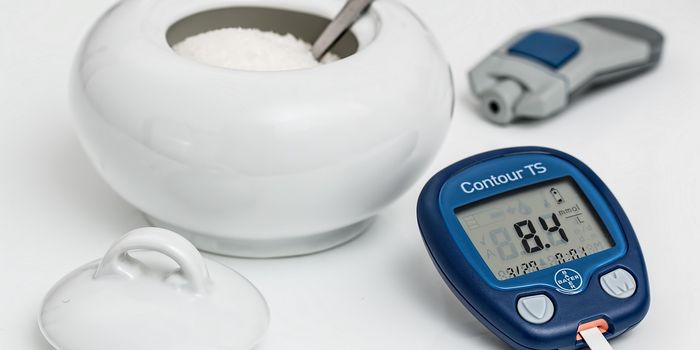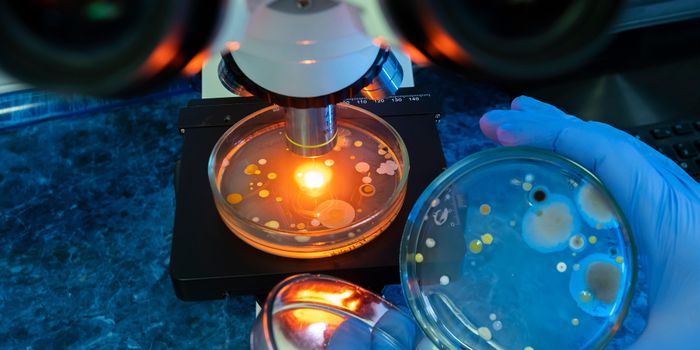Repurposed Drug Improves Treatment of Type 1 Diabetes
Type 1 diabetes is a major autoimmune disorder that affects millions of Americans each year. The disease is a result of the body not producing enough insulin, which breaks down glucose for cells to absorb and use for energy. Unfortunately, the lack of insulin prevents cells from accessing glucose depriving them of nutrients needed to properly function. Currently, there is no cure for type 1 diabetes and patients must take insulin in different forms to manage their symptoms. In addition, doctors advise patients to maintain strict dietary and lifestyle habits. Scientists are working to find better treatments for patients to improve quality of life and better maintain type 1 diabetic symptoms.
Dr. Emily Sims and her team recently demonstrated in Cell Reports Medicine that a repurposed drug known as alpha-difluoromethylornithine (DFMO) provides a novel approach to better maintain type 1 diabetic symptoms. Previous work showed that inhibition of the metabolic pathway associated with DFMO protected beta cells from environmental factors leading to type 1 diabetes preservation. It was also shown that DFMO was safe in patients and stabilized insulin levels by protecting beta cells, responsible for insulin production. In 1990 DFMO was FDA-approved for African Sleeping Sickness and was recently recognized as a treatment for neuroblastoma maintenance therapy after remission in 2020. Administered orally as a pill also promotes its accessibility and ease of treatment. The paper highlights key findings in a clinical trial with DFMO in patients with type 1 diabetes across six different centers. Sims is currently investigating DFMO in combination with other therapies to optimize insulin control.
Sims and colleagues ran a randomized, clinical, controlled trial with 41 recently diagnosed type 1 diabetes patients. This trial was about 3-months long with a 3-month follow-up. Sims and others found that DFMO treatment is safe for individuals with type 1 diabetes and maintains beta cell function. Additionally, they investigated the mechanism by knocking out ornithin decarboxylase (ODC), the target of DFMO on beta cells, results in reduced hyperglycemia. Importantly, patients with ODC knockout protected patients against toxic-induced diabetes. Finally, they determined that DFMO treatment in human pancreatic cells regulates protein production and insulin release pathways. The study improves treatment for type 1 diabetes by identifying the mechanism of insulin release in the context of DFMO. Sims and others have been able to clearly define the therapeutic mechanism of DFMO in patients. The next steps include further trials to determine how DFMO in combination with other therapies can further improve the quality of life for patients.
Overall, Sims and others have clearly demonstrated DFMO maintains beta cell insulin release. The repurposed application of DFMO is a novel approach to effectively manage type 1 diabetes. The work conducted by Sims and others provides an explanation for how beta cells can be targeted to better treat patients. Interestingly, the mechanistic work better inform physicians and healthcare workers how to appropriately administer single agent DFMO or in combination. Future work may further enhance type 1 diabetes treatment and improve quality of life for patients.








